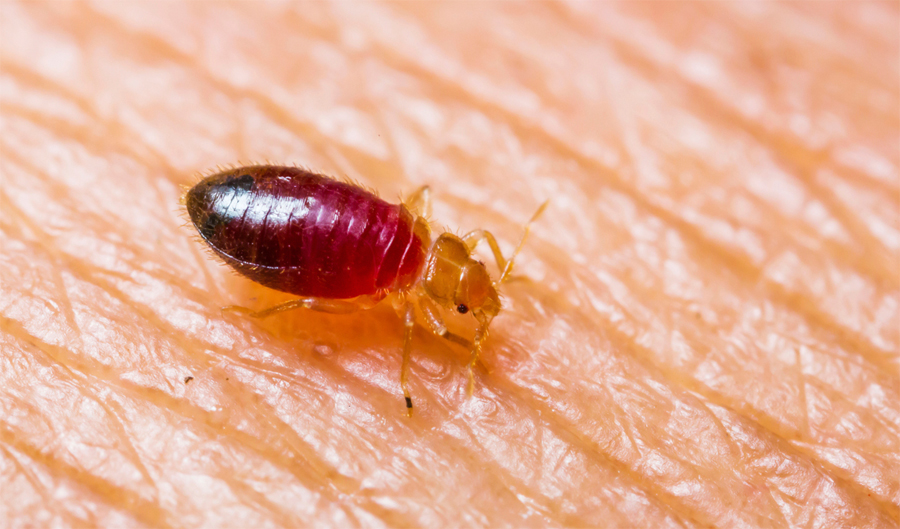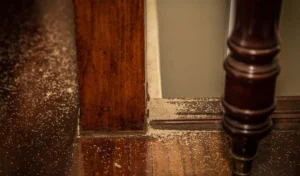Bed bugs are weary pests that we are tired of. They’re biologically insects, but they’re partially metamorphosed insects. They have a pair of odor glands that produce an unusually unpleasant odor, which acts as a defense against predators. They leave unpleasant smell wherever they crawl. They hide in cracks or crevices during the day, and comes out at night. They feed on the blood of warm-blooded animals. It is reported that there are more than 70 kinds of bed bugs in the world. They are mainly parasitic on bats and birds, with only few related to human life. Bed bugs were once rarely found in the world. But in the last decade or two, bed bugs have reappeared in Europe, North America, Australia, Asia and other countries and regions, re-attracting our attention to their impact on human life. Bed bugs have now become an important part of the campaign of family pest control.
Where do bed bugs hide?
Bed bugs are so small that they tend to find their way into homes or other indoor surroundings through items such as clothes, used beds, sofas, luggage, etc. Bed bugs don’t have nests like ants do, but they also congregate in the hiding places. Their bodies are so flat that they can hide in very narrow places. They are particularly prone to hiding in places like bed frames, box springs, mattresses, headboards and so on. At night, they may easily come out of these places and bite people.
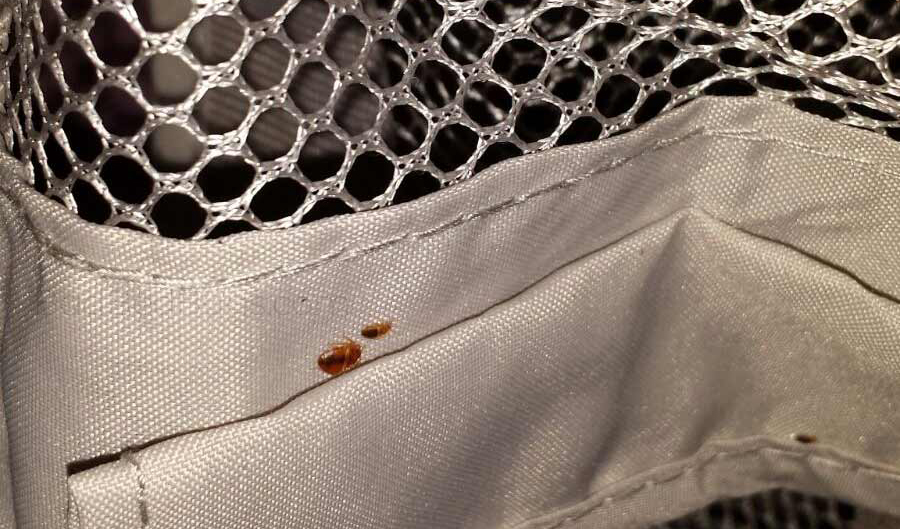
Common Signs of the Presence of Bed Bugs
If you wake up with itchy parts of your body that you didn’t have before going to bed, there’s a good chance bed bugs are to be blamed, especially if you’ve recently used a bed or other piece of furniture. Usually, common signs of bed bug presence include:
Any dark or rust-colored spots of bed bug excrement that is found on or near the bed
The sight of egg shells, shed skins, and fecal spots of bed bugs
The musty odor of bed bugs that long exists in the bedroom
If you suspect the presence of bed bugs in your home, check your bed and all bedding for any traces of them. You need to carefully check all the cracks and crevices in the bed. In addition, items such as telephones, power outlets and books in the area around the bed should also be examined.
Bed Bug Bites
Bed bugs are active at night, so most of the bites caused by them occur at night. To feed on the blood, they will pierce the human skin and use their slender beaks to do so. After about 3-10 minutes, they will be congested by the feeding on blood. And then they will trickle away.
Bed bug bites are different from flea bites. Flea bites are concentrated on the ankles, while bed bug bites can occur anywhere on the body. When a bed bug bites a person, the person will not feel any pain at first. An itchy wound will be noticed later. Bed bug bites also don’t leave red spots soon like flea bites. People often find red bumps or wounds on their skin a few days after the bite. Sometimes these wounds may not appear until a week or two after the bite. And when they appear, they tend to show up for up to two weeks or more. Such wounds can itch and tempt people to scratch, which might pose a health risk.
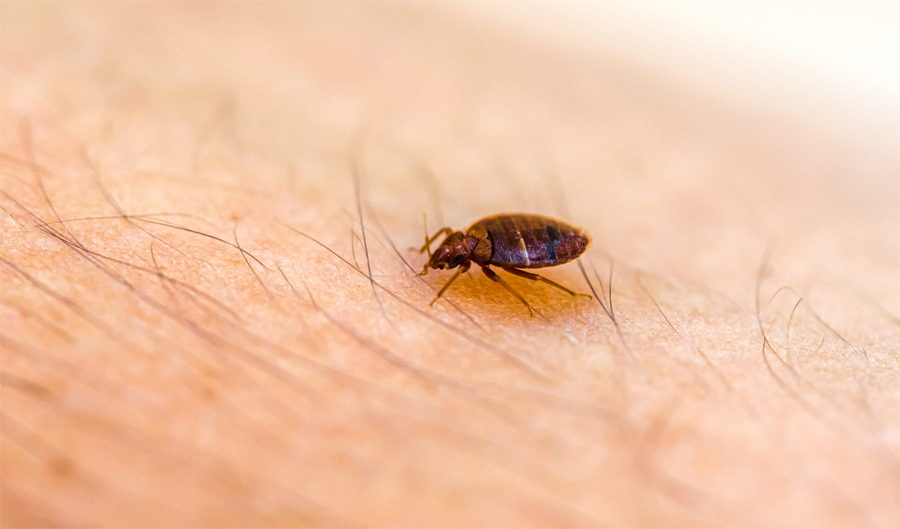
A Parasite Transmitted by Bed Bugs
So far, bed bugs have not been found to transmit any diseases. But they can transmit a parasite called Trypanosoma cruzi, which causes chagas disease, which is also known as American trypanosomiasis. So, bed bugs can transmit at least one recognizable parasite that can cause disease. But the good news is that bed bugs aren’t as contagious as mosquitoes. Mosquitoes carry a variety of bacteria and viruses that kills millions of people worldwide each year.
Mental Health Problems Associated with Bed Bugs
Apart from biting and spreading a parasite, bed bugs don’t do much harm to the human body. However, it should not be ignored that bed bugs can be mentally harmful to us.
Studies in recent years have found that some bed bug bite victims have even experienced severe anxiety, insomnia, paranoia and even depression. Some have even committed suicide because of the trauma caused by bed bugs. As a result, bed bugs have a particularly strong effect on people who are prone to mental illnesses.
Treat Bed Bug Bites
Generally speaking, bed bug bites will be healed naturally after a week or two. When a bed bug bites, the human body will produce a protein called histamine to fight the bacteria. And histamine is what causes the itchy feeling. Therefore, itchy symptoms can be treated by taking anti-histamine drugs. This is also helpful to prevent the scratching onto the wounds. Skin lotions like calamine lotion or aloe vera gel can also be used to relieve the symptoms. They can both reduce inflammation and moisturize the skin to shorten the healing time.
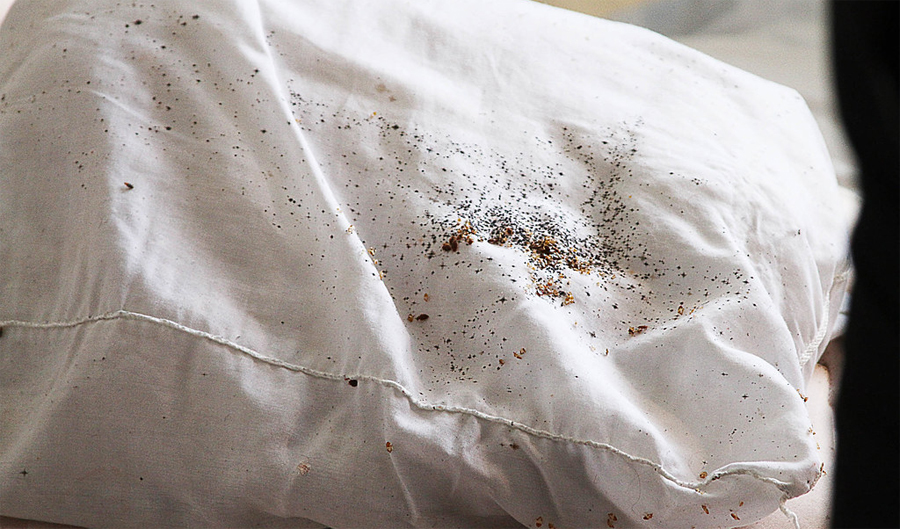
Get Rid of Bed Bugs
The use of insecticides is a quick and effective way to get rid of bed bugs thoroughly from your home. Many insecticides products with pyrethroid are good killers for bed bugs. Desiccants such as silica aerogel or diatomite are also useful. But the problem with desiccants is that they work slowly. Sometimes, they might take a month or two to solve the bed bug problem in a family. Neonicotinoids, the man-made nicotine compounds that damage the nervous system of pests, are also effective against bed bugs. Bug bombs can also be applied for bed bug killing. But they are not easy to be applied into some cracks and crevices. And if not used properly, it will have an impact on people’s health. Some plant oil-based products are also effective against bed bugs. And they are also less toxic.
Our bed bug killing and control products contain pyrethroid, which is a series of highly effective insecticide ingredient similar to the natural pyrethrins. They include Poultry Pest-killing Water Emulsion which is a good choice for the use on farms, Water Emulsion and Bottled Powder for the use in homes and for multiple kinds of industrial applications.
